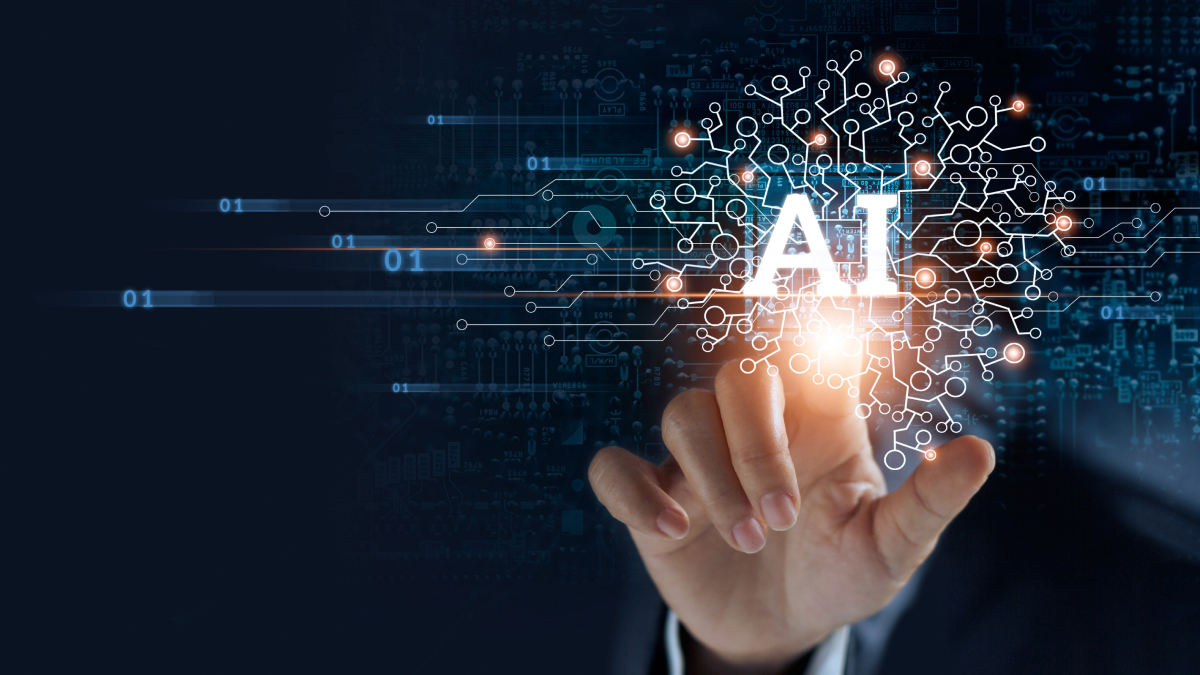AI was the silent partner for almost every recruiter this year. In 2025, almost 43% of businesses employed AI to help them hire people, up from only 26% the year before. Recruiters used automation to save time, screen resumes, match skills, and set up interviews. Not only was there a difference in speed but also in consistency. But people still made the final call, even though computers could only recommend what to do.
Hiring Based on Skills Becomes Common
Hiring based only on degrees no longer works, as seen in 2025. Almost two-thirds of businesses currently utilize skills-based hiring to look at job applicants. AI technologies simplify finding abilities that may be used in other jobs, potential, and the ability to change. That change let folks in who would have been missed by traditional filtering. Recruiters stopped only looking at someone’s former job titles and started looking at what they could perform. It made shortlists that included more people and better matches.
Making the Candidate Experience Better With AI
AI didn’t simply benefit businesses; it also revolutionized how applicants processed. Chatbots took care of first contact, updates arrived faster, and evaluations seemed more consistent. Not only did many companies start utilising AI to automate communication, but they also started using it to make it more personal. When applicants got timely updates or well-thought-out communications prepared with the aid of AI, they were much happier. A better experience means fewer people quitting and more people staying engaged from start to finish.
Finding a Balance Between Automation and Human Judgment
Even with better algorithms, recruiters knew that no algorithm could assess character, tone, or promise as well as a person could. Surveys indicated that more than 90% of recruiting managers still needed someone to help them make final judgments. AI might be able to narrow down the list of candidates quickly, but the recruiter can see if someone is a good match for the company, is curious, or has leadership potential. The best teams saw AI as a collaborator, not a substitute, and used both facts and their gut feelings to make decisions.
Ethical Problems and Bias in AI Hiring
Having more AI also means having more responsibilities. Research conducted in 2025 revealed that certain algorithms continued to exhibit bias towards specific genders or origins in applicant rankings. Bias may sneak in through old data, and if it does, it can change the results of hiring in ways that recruiters would not even realize. A lot of businesses have started evaluating their AI technologies to see how they got their findings, and human review stages have been added to cut down on unfair screening. Being open and honest became an important aspect of gaining applicants’ confidence.
Fast, Data-Driven, and Measurable Progress
Recruitment finally caught up with the time of analytics. Companies that used AI said they hired people up to 40% faster, spent less on each job, and matched candidates more accurately. These gains were possible because the data was easier to see and insights were available in real time. Recruiters could see what worked, change job advertising on the go, and guess which prospects were most likely to accept offers. It wasn’t only about going faster but also about going smarter.
Conclusion
In 2025, AI in hiring proved that it is not only a fad but a permanent shift in how teams locate new employees. The best companies didn’t try to use every new tool. They worked on balancing automation, which saves time, and human involvement, which fosters confidence.
